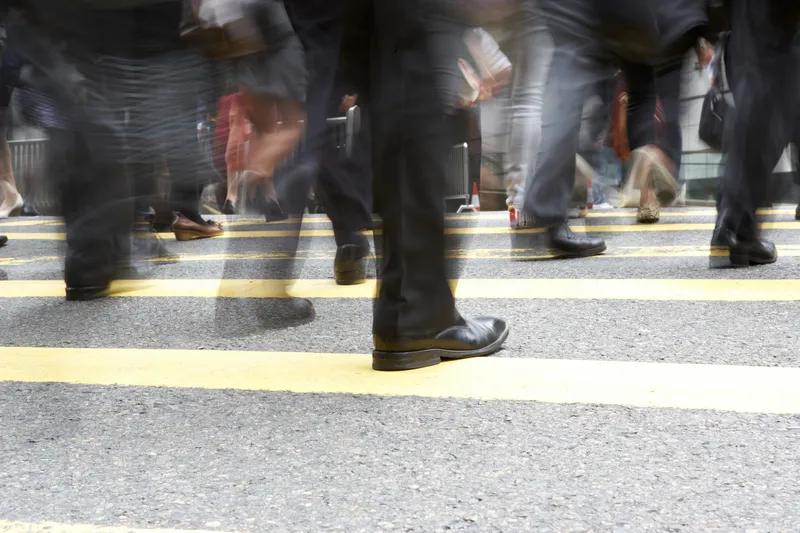
A committee in the US city of St. Louis, Missouri, is recruiting a range of residents, including those using wheelchairs, to help guide policy on non-car transportation.
The Community Mobility Committee is also looking for those with everyday experience of walking, riding transit or cycling to be a conduit for residents to have a greater say in city government.
The committee takes on issues relating to people in these categories and serves as a continuation of the citizen-based Bike Share Working Group, which formed in 2017 to develop rules for bike and electric scooter sharing.
Christine Ingrassia, alderwoman for zone 6 in St. Louis, says: “The ability to get around is a basic human right and can be very difficult if you don’t have a car in St. Louis. Residents have important perspectives and experiences that can help shape how we get around the city and also make it safer.”
The committee is currently working on transportation issues, such as the impact of scooters and new mobility technology, exploring opportunities to have streets closed to cars and helping to ensure St. Louis is recognised for its bicycle infrastructure.
Future efforts will include encouraging careful consideration of how policies impact residents of different races, abilities, genders and other identities.
Tiffanie Stanfield, committee member and founder of Fighting Against Hit and Run Driving, says: “This is a community-based group, led by members who welcome all people impacted by transportation decisions. We encourage everyone to participate in forming solutions rooted in the community that will help shape what mobility in the future looks like.”
Jacque Knight, Community Mobility Committee chair, says: “We want this to be an inclusive, diverse space where people of all backgrounds can push city officials for more equitable and sustainable transportation policies.”
City residents interested in expressing their opinion or joining the committee do not require any prior experience with planning, government or transportation.
All meetings are currently held via Zoom.







